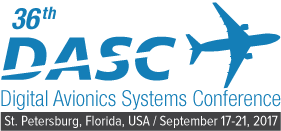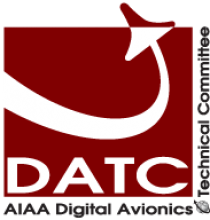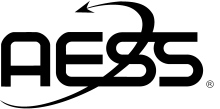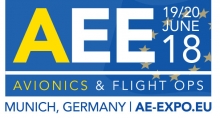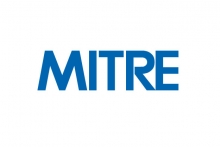DASC 2017 Follows IEEE Publications Policies
Attendance Policy
At least one author from the submission must be registered at the conference and present at the conference.
Plagiarism and Dual Submissions
By submitting a manuscript to DASC 2017, the authors guarantee that it has not been previously published (or accepted for publication) in substantially similar form. Furthermore, no paper which contains significant overlap with the contributions of the current paper is either under review at the moment of submission or will be submitted during the DASC 2017 review period to any of the following: another conference, a workshop, or a journal.
Please note that DASC 2017 will also process manuscripts through IEEE’s plagiarism check software to identify and eliminate plagiarism. This includes excessive self-duplication and dependence on earlier published works, as well as duplicated and unattributed content. DASC 2017 asks that your paper’s content be original, previously unpublished, non-confidential and without commercial content.
Guidelines for avoiding plagiarism can be found here:
- IEEE PSPB policies on plagiarism: www.ieee.org/publications_standards/publications/rights/plagiarism_FAQ.html
- Plagiarism free resource and information site: www.plagiarism.org
Publication No Show Policy
Papers will be published in the conference proceedings only if at least one of the authors is officially registered and the paper presented. IEEE reserves the right to exclude a paper from distribution after the conference (e.g., removal from IEEE Xplore) if the paper is not presented at the conference.
Authorization to publish
IEEE assumes that material presented at its conferences or submitted to its publications is properly available for general dissemination to the audiences these activities are organized to serve. It is the responsibility of the authors, not IEEE, to determine whether disclosure of their material requires the prior consent of other parties and, if so, to obtain it. In order to ensure that the authors are aware of their responsibilities, signed IEEE Copyright Forms must be collected for all papers accepted for publication.
Quality
IEEE reserves the right to withhold publishing of proceedings or papers that do not meet the IEEE quality standards.
IEEE Copyright Policy
Prior to publication by the IEEE, all authors or their employers shall transfer to the IEEE in writing any copyright they hold for their individual papers. Such transfer shall be a necessary requirement for publication, except for material in the public domain or which is reprinted with permission from a copyrighted publication.
Copyright transfer is accomplished by filling out and filing with the conference, the IEEE copyright form.
GHTC has enabled the EDAS IEEE eCopyright function (ECF). With ECF, authors are redirected to an IEEE web site and fill in the IEEE copyright form on the web. The ECF then reports completion of the web form to EDAS, allowing the author to upload the form. Thus, authors do not have to print, fill out and upload copyright forms manually.
Authors of accepted papers can submit copyright forms via the (c) link under Copyright in the EDAS ‘My Papers’ tab.
A link can also be found on each paper page.
Alternatively, IEEE copyright forms can be downloaded in PDF format here and should be uploaded as a separate document with your full paper submission.
For more info, see the e-copyright FAQ: http://www.ieee.org/publications_standards/publications/rights/ecf_faq.html.
